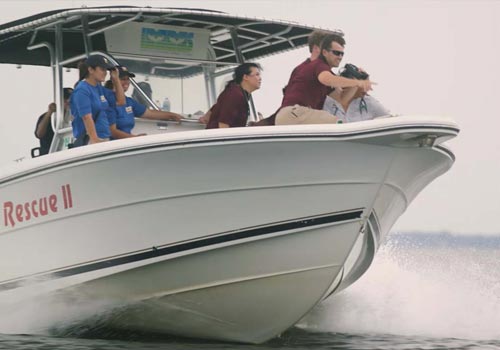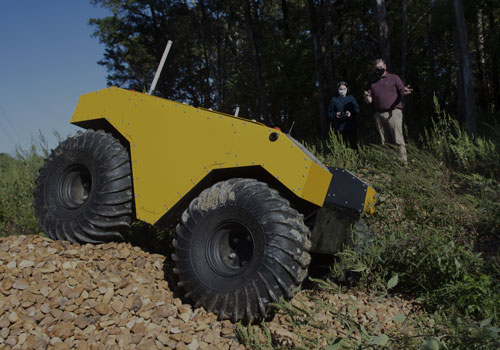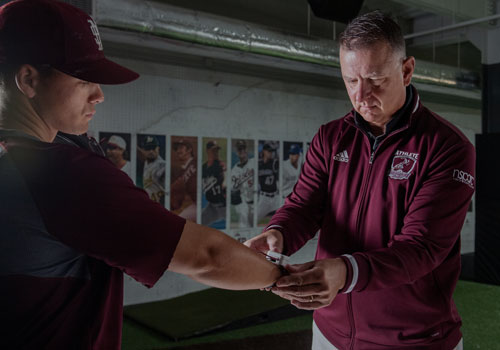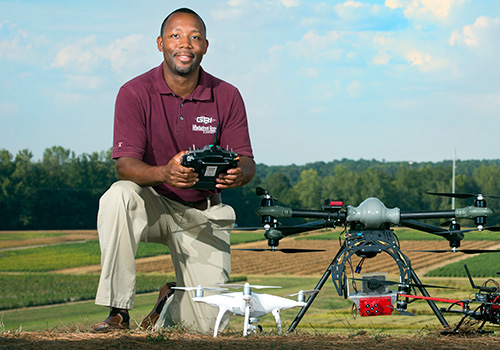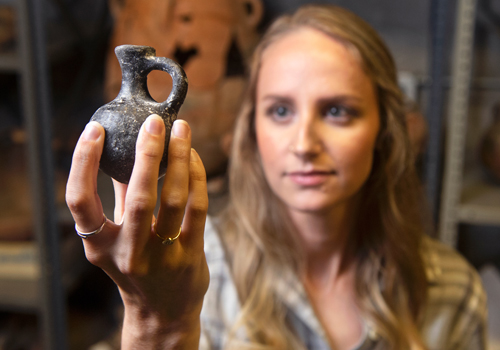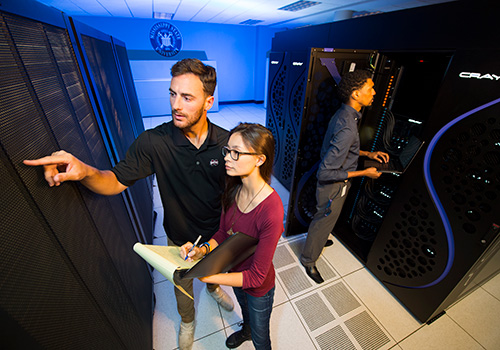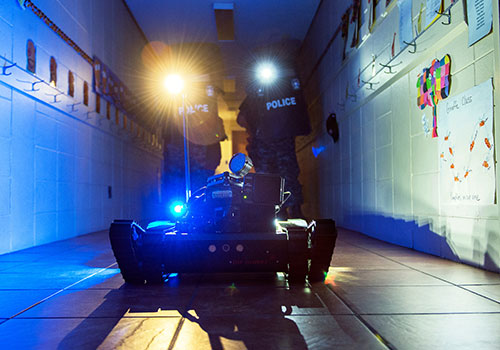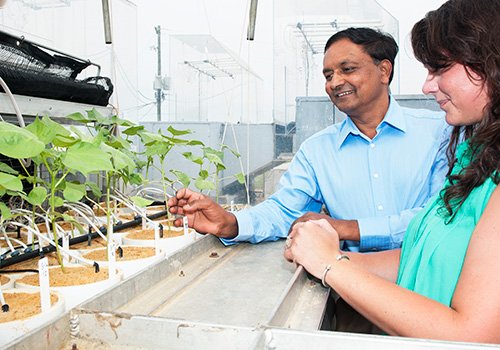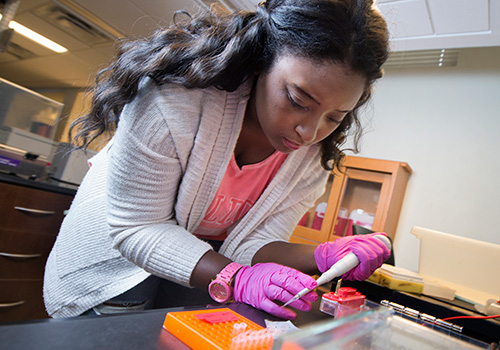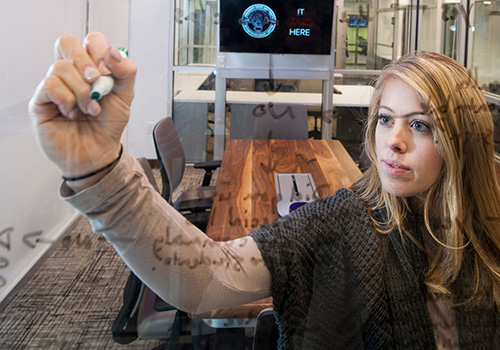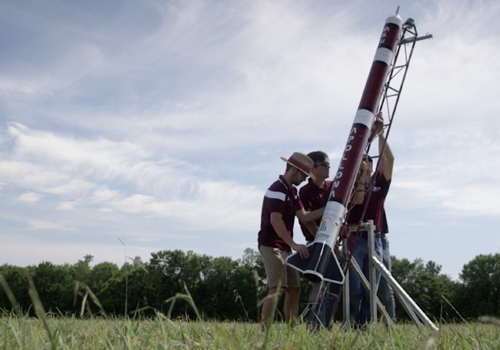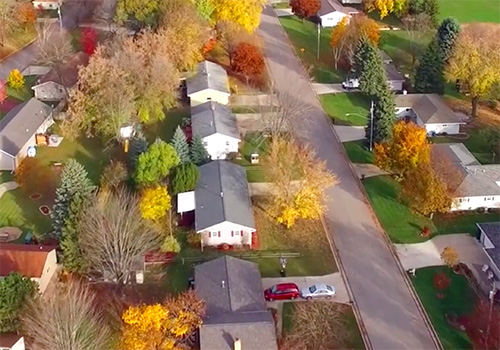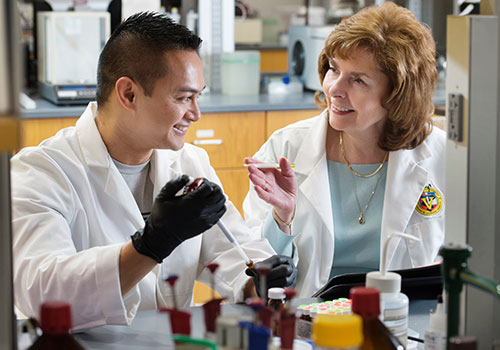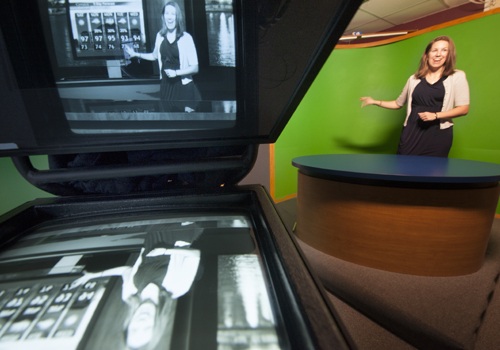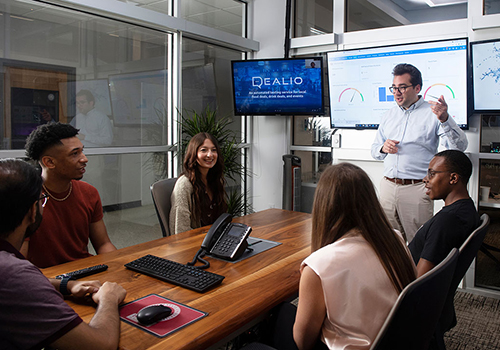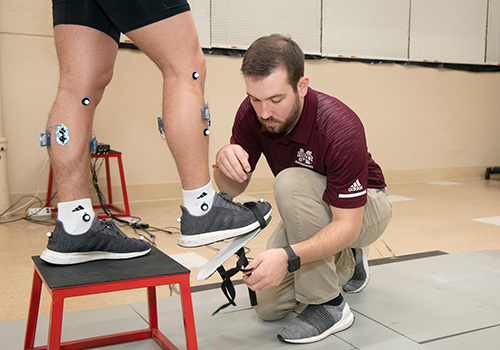“Dolphins have issues with gastric ulcers, so they use gastroscopes to look into their stomachs,” she explains. “With stranded sea turtles and dolphins, they use ultrasound and radiography to look at lung pathology. If an animal has an upper respiratory issue, they can monitor to see if medications and treatments are working. They also can identify foreign bodies — one of the turtles had a fishhook stuck in its throat that they were able to find and then remove.”
Having access to MSU’s veterinary specialists and diagnostic equipment has been a game-changing advantage for the IMMS and its marine patients as well as MSU faculty. Teachers who specialize in internal medicine, pathology, ophthalmology and other fields are using their skills to expand their veterinary knowledge, improve treatment outcomes and collect research data to enhance marine medicine.
“I just make a phone call, and they say, ‘Debra, what can we do to help?’ It’s that level of specialization and teamwork that’s opening doors for these animals,” Moore says. “We’ve diagnosed cataracts and done gastroscopies on sea turtles and performed detailed gross examinations and necropsies to see what’s killing marine animals. The studies we’ve been able to do and the amount of material we can publish for the scientific community have been outstanding.”
One of the team’s specialists is Dr. Tim Morgan, a professor in the vet school’s Department of Pathobiology and Population Medicine. Not only has the partnership enabled him to incorporate marine animal pathology into the department’s curriculum, but it also has helped students and staff recognize a higher purpose in MSU’s work on the coast.












